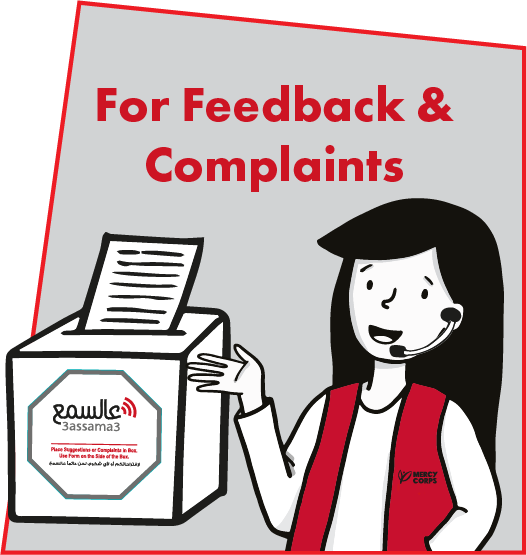More than 11 million people have been displaced in Ukraine—with 4.9 million of them having fled the country-since the conflict began in late February. While we must support people directly affected by the conflict, we’re also now seeing how the crisis has deeply impacted the global markets-threatening food security for many countries who rely on Ukraine and Russia’s agricultural exports.
According to the U.N.’s Food and Agriculture Organization (FAO), Ukraine is one of the world’s leading exporters of wheat, corn, and sunflower oil-providing 12% of global wheat exports before the conflict began. The FAO reports that almost 50 countries are dependent on Ukraine and Russia for more than 30% of their wheat import needs. Russia and Ukraine also export fertilizers used around the world for agriculture. Many lower-income countries rely on exports from Ukraine and Russia for food.
In Lebanon, where we import more than 80% of our wheat from Ukraine, we are experiencing the repercussions of the conflict in Ukraine firsthand. With half of the population living in poverty, bread is one of the few remaining affordable foods available to people who are struggling to survive the major economic collapse in 2019 and the Beirut Port blast of August 2020. The collapse of the Lebanese lira has meant the price of bread-already 600% higher than it was at the start of the crisis in Lebanon in 2019-is now over 900% higher since the start of the conflict in Ukraine. Difficulties accessing wheat suppliers have resulted in shortages of staple foods, price gouging, and hoarding. If the government doesn’t find alternative suppliers, many families will likely go hungry.
Mercy Corps CEO Tjada D’Oyen McKenna recently appeared on CBS News to speak about the ripple effects of the conflict in Ukraine. Once known as one of the “breadbaskets of the world,” Ukraine’s crisis has sharply impacted global food prices. Tjada warns against diverting aid away from countries whose emergencies have been compounded by the conflict in Ukraine.

The FAO estimates that upwards of 30% of crops in Ukraine will go unharvested in this upcoming season and restricted infrastructure will limit their ability to process and export their yields. We are already seeing the impact in Lebanon and across the Horn of Africa, where we must act quickly to support communities who are already struggling to make ends meet. The devastation in Ukraine reaches far beyond its borders. Food crises around the world will continue to escalate without urgent humanitarian interventions providing equitable access to food.


